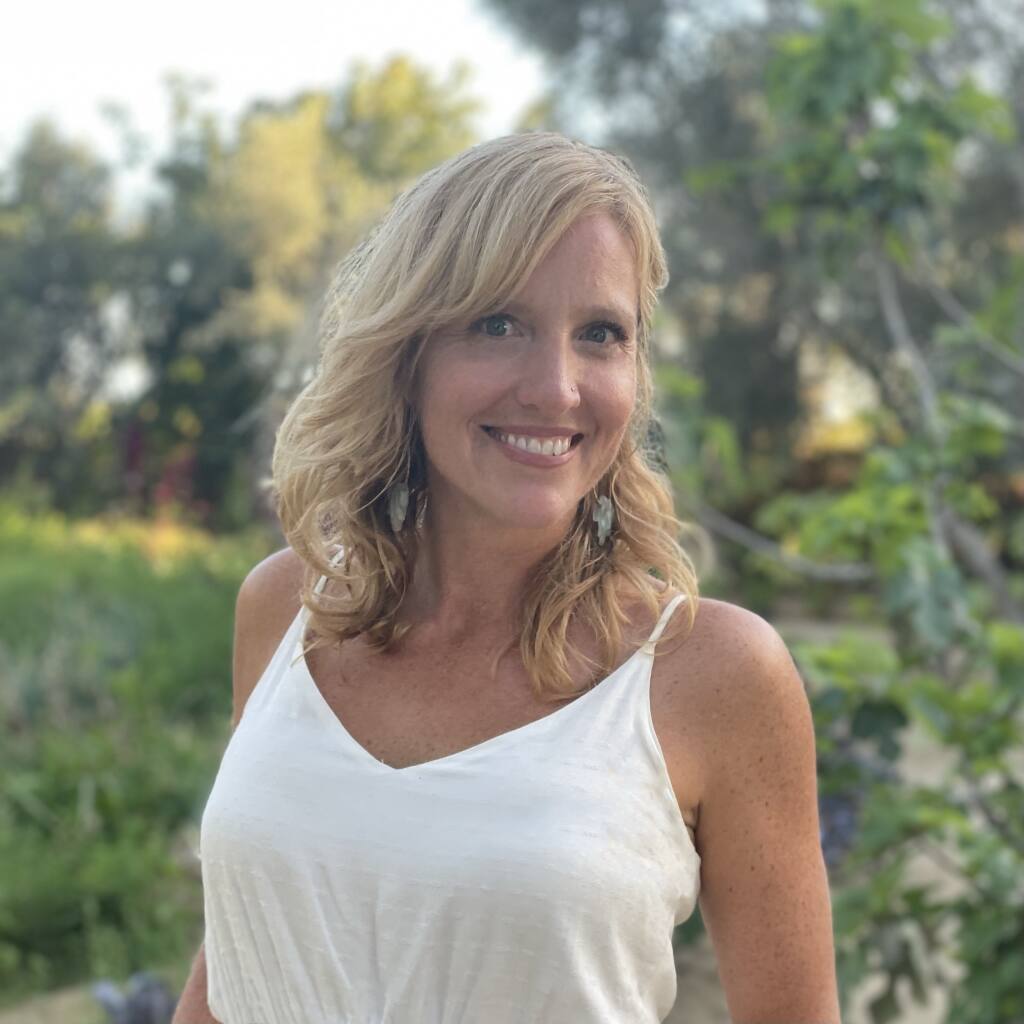You are here
Home 🌿 Medical Cannabis News 🌿 Psilocybin mushrooms considered relatively safe, with serious incidents rare and short lasting: study 🌿Psilocybin mushrooms considered relatively safe, with serious incidents rare and short lasting: study

"No drug is entirely risk free, but relative to most recreationally used drugs, psilocybin mushrooms demonstrate a good safety profile based on the rate of emergency medical treatment seeking in this sample"
A new study published in the Journal of Psychopharmacology has found that psilocybin mushrooms are a “relatively safe drug.”
That conclusion was reached after an analysis of more than 9,200 respondents who had participated in the 2017 Global Drug Survey. Specifically focusing on those who had consumed mushrooms in the past year, researchers found only 0.2 per cent of respondents sought emergency medical treatment following use.
Both the consumer’s state of mind at the time of consumption and the setting of the experience factored into the adverse reactions, according to respondents who reported seeking emergency medical treatment. Substance mixing, like combining alcohol or cannabis with psilocybin, was also self-reported as a possible reason for adverse experiences.
Of the 19 respondents who sought emergency medical treatment, anxiety/panic and paranoia/suspiciousness were the most common symptoms. Researchers also found that “young age was the only predictor associated with higher risk of emergency medical presentations.”
The issues were resolved in all but one respondent within 24 hours.
“No drug is entirely risk free, but relative to most recreationally used drugs, psilocybin mushrooms demonstrate a good safety profile based on the rate of emergency medical treatment seeking in this sample,” lead study author Emma Kopra told PsyPost.
“We found that most adverse reactions were psychological in nature and, importantly, were reported to be short-lasting. Based on perceived reasons for these experiences, risk of adverse reactions can be reduced by certain safety precautions such as ensuring one is in the right state of mind (‘set’) and physical environment (‘setting’), as well as avoiding mixing substances. Regardless, perhaps owing to their complex and profound psychological effects, responses to psychedelics are difficult to predict with high certainty and sometimes adverse reactions occur even with careful use.”
Study authors added that providing harm-reduction information can play a key role in preventing adverse effects and called for more research focused on predictors of adverse reactions, including rarer physiological reactions.
In 2019, a study out of Kings College London in the U.K., believed to be the world’s largest controlled study of psilocybin, determined the psychedelic substance was safe for human consumption.
Eighty-nine participants were given a dose of 10mg of psilocybin, 25mg of psilocybin or a placebo during a six-hour session with a therapist and researchers followed up after six weeks.
They reported some adverse effects related to mood and sensory perception but found that cognitive and emotional functioning were not negatively impacted.
“The results of the study are clinically reassuring and support further development of psilocybin as a treatment for patients with mental health problems that haven’t improved with conventional therapy, such as treatment-resistant depression,” said James Rucker, the study’s lead researcher, according to the Independent.
Earlier this year, the Canadian federal government amended the Special Access Program, allowing physicians to request patient access to restricted drugs and psychedelic treatments like psilocybin- and MDMA-assisted therapy, as well as Lysergic acid diethylamide (LSD) and N, N-dimethyltryptamine (DMT).
The SAP is for emergency treatment and is only taken into consideration when conventional therapies have failed, or are unsuitable or unavailable.
Last month, TheraPsil, a B.C.-based non-profit patient advocacy organization, reported that Health Canada had approved its first SAP requests for psilocybin.
Dr. Valorie Masuda, a TheraPsil associate physician and board member, received authorization to treat six patients experiencing end-of-life distress with psilocybin and psychotherapy.
420 Intel is Your Source for Marijuana News
420 Intel Canada is your leading news source for the Canadian cannabis industry. Get the latest updates on Canadian cannabis stocks and developments on how Canada continues to be a major player in the worldwide recreational and medical cannabis industry.
420 Intel Canada is the Canadian Industry news outlet that will keep you updated on how these Canadian developments in recreational and medical marijuana will impact the country and the world. Our commitment is to bring you the most important cannabis news stories from across Canada every day of the week.
Marijuana industry news is a constant endeavor with new developments each day. For marijuana news across the True North, 420 Intel Canada promises to bring you quality, Canadian, cannabis industry news.
You can get 420 Intel news delivered directly to your inbox by signing up for our daily marijuana news, ensuring you’re always kept up to date on the ever-changing cannabis industry. To stay even better informed about marijuana legalization news follow us on Twitter, Facebook and LinkedIn.




